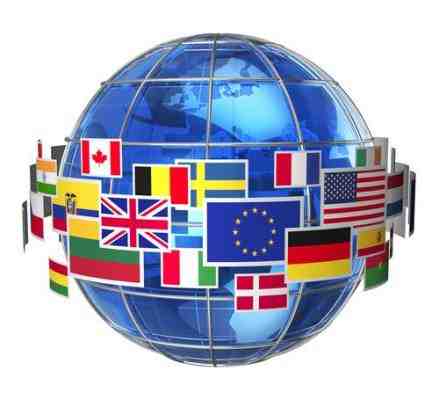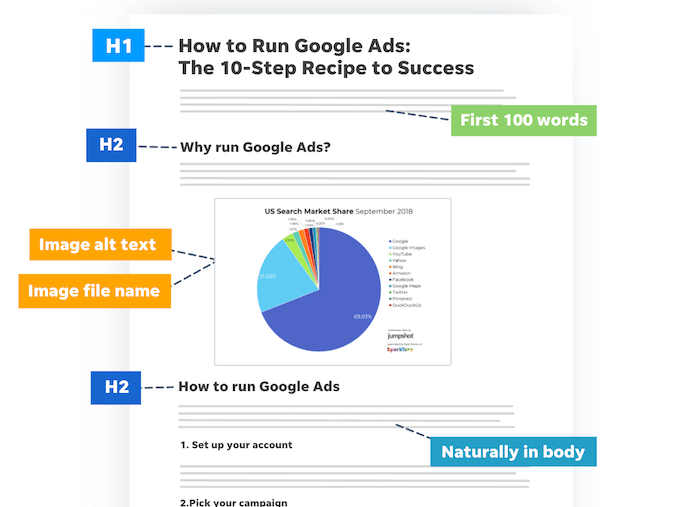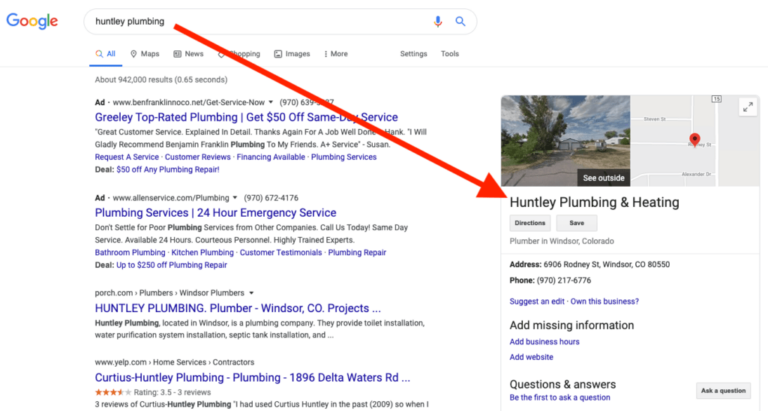Going International? What you need to know for your global SEO
For many companies, having a global web page is one of the best ways to reach a larger audience to grow their business.
When web page design services are faster and easier available, even individuals can start a business by targeting foreign countries across global web pages.
The problem is, having a global web page does not make you successful in other countries.
Also, following standard SEO best practices does not make your global web pages competitive in all target countries. Although there seems to be unlimited information about international SEO available, it is a fact that many of them are outdated or incorrect.
In this post, I will cover some key areas of international SEO.
What Are The Differences Between International & Regular SEO?

Standard SEO best practices are certainly the foundation of international SEO because search engine algorithms are very similar, if not the same, from country to country.
I would say that international SEO is built on standard SEO knowledge and skills.
So, what makes international SEO different? The main reasons are:
When you pay attention to each site, you need to monitor the performance of all when you have a global web site. Otherwise, your local market websites may be competing against each other or the worst thing, may not be really at all.
For example, your website designed for Mexico should not outrank or appear in search results in Spain, if you have a different site designed for Spain.
If you misuse canonical tags or hreflang tags, certain sites will not be indexed by search engines or duplicate indexes.
Should I Go Global? And Where Is My Market?

Before you get into international SEO, it’s always a good idea to review some market reports, stats, and even your own website data to help make a decision.
This is especially important if you are unsure about opportunities in different countries or have some convincing to do with your boss.
Here are some sources of information that you can use to decide or prioritize the country/market you want to target:
One Global Site Or Multiple Website?

If the market is large enough for you to invest, definitely go with a separate site for each target country.
Not only for SEO reasons, but also to provide a better user experience for local guests, it’s better to have a specific site for each of your target countries. They also allow you to use different designs and content on each site, if needed.
However, this may not be a viable option for you, at least not in the beginning. In that case, you will have a site for every language spoken in your target country.
It’s okay to do this because you thought you were going to test the water first before you dive too deep.
Fortunately, we can use hreflang tags to tell Google the language and country where each site was created.
Which Domain To Have: ccTLD or gTLD?

If you asked this question to me in 2008, my answer is always using a ccTLD. The reality is not everyone can have this option for different reasons.
Luckily, it doesn’t have a huge impact for your SEO as search engines have gone far. We now have other options for geotargeting sites, especially with Google.
Note that some search engines such as Baidu still select web pages with local ccTLDs.
Also, people outside the U.S. tend to click on web sites that use local TLDs on sites that use .com or other public TLDs.
Does Hosting Location Matter?
Website host location was one of the important signals for international SEO related to geotargeting.
However, it’s not as important now that we have other ways to properly indicate your website’s target market to regionally managed search engines and CDNs.
Still, host location has a big impact on page speed. Make sure that your site is accessible in the target country quickly.
How Should I Go About Alternative Geotargeting?
Thought, geotargeting is one of the simplest practices where many web sites are making mistakes when site owners moved from a ccTLD to a local hosting market.
There are several ways to geotarget your web pages and pages. Here are some popular methods:
Side Note: Google currently returns search results based on the browser location regardless of the local version of Google used by the browser.
For example, you usually get different search results from Google.com than Google U.K. (google.co.uk) or Google Australia (google.com.au) even if you search for the same keyword.
But now, you will receive the same results in all three Google searches unless you search for them in three different countries.
Google Or Not Google?
Although Google is the most popular search engine in the world, in some countries, there are local search engines that are more popular than Google.
If your target country is one of the following, you should pay extra attention to monitor these local sites and for additional optimization work.
Do I Need to Care About Other Search Engines?
Although Google is the most popular search engine in the world, in some countries, there are local search engines that are very popular.
By ignoring these search engines, you are ignoring the huge business opportunities in those countries.
If your target country is one of the following, you should pay extra attention to monitor these local sites and for additional optimization work.
Of course, even in countries where Google is most popular, ignoring other popular search engines including Bing limits the potential of your business.
Translation And Localization
Your global site does not have to be a copy and paste version of your home country web page in different languages, although I see that happening on many web sites.
True, translating and localizing web page content is one of the first steps. But then, you have to optimize the site for each country’s local audience from messaging and offering to the overall user experience of that site.
Sites that have content that is popular and performing in the U.S. market may not be in Asia or South America and may require additional content editing and optimization work.
For this reason, it is important to conduct keyword research in each targeting country from the standpoint of understanding local interests and the words they use.
Remember that even if a translator or translation agency provides a properly translated document, they cannot use the same words that people use to search for information.
Do I Need To Build Links For Each Website?
Even if you have a global site with all country or language sites on the same domain, you still want to build links to each site even if you already have many links pointing to your domain.
That’s because your home country web pages are likely to have links that come from external sites that are in the same home country.
In order for your global web site to compete in every country, you need country-specific links to the web page.
For example, you want to allow links from web sites in India or target Indians to your Indian web pages. Getting links from local web sites is a good indication to search engines that your web pages are designed and suitable for that country.
What Else Should I Consider Before I Go Global?
One of the biggest challenges faced by most companies that have global web sites, even multinational Fortune 100 companies, is local resources.
No one has the luxury of having unlimited resources in each target country, and this can be a major bottleneck especially since SEO is not a one-off project but requires constant effort.
The key is to plan the allocation of tasks and responsibilities between headquarters and local offices such as:
Now, you think you don’t have an office or representation in another country, or there are no resources available in the local office.
In that case, you should consider whether you are going to hire one or several outside sources.
Conclusion and Takeaway
International SEO is built on top of standard SEO best practices.
Optimized web sites do not always produce optimized global web pages even when translated, and there are several key points in technical and content optimization efforts that need to be considered.
In fact, adding more language and content creates more work due to duplicate content and geotargeting issues as well as link building.
A global website is a great way to expand your market reach, but it also requires additional resources and a budget to do international SEO right.
You do not need to target many languages and countries.
Your business opportunity researcher uses your own data as well as market reports from trusted authorities to decide where you want to appear in search results.
Featured image: Sozina Kseniia / Shutterstock




